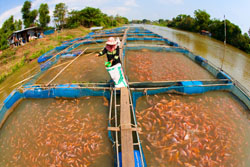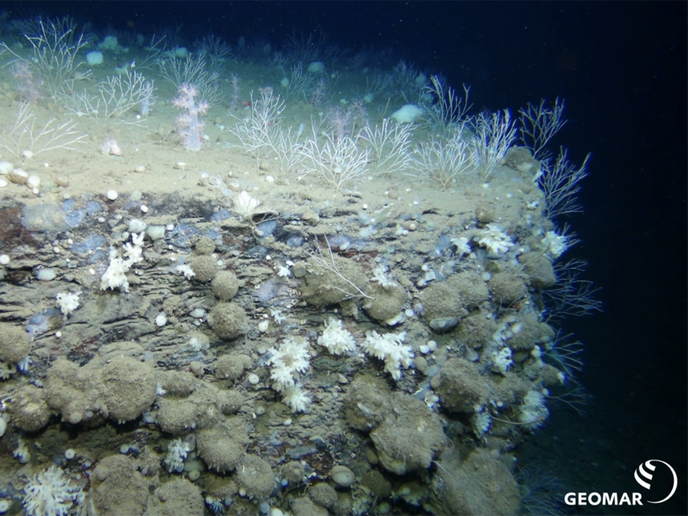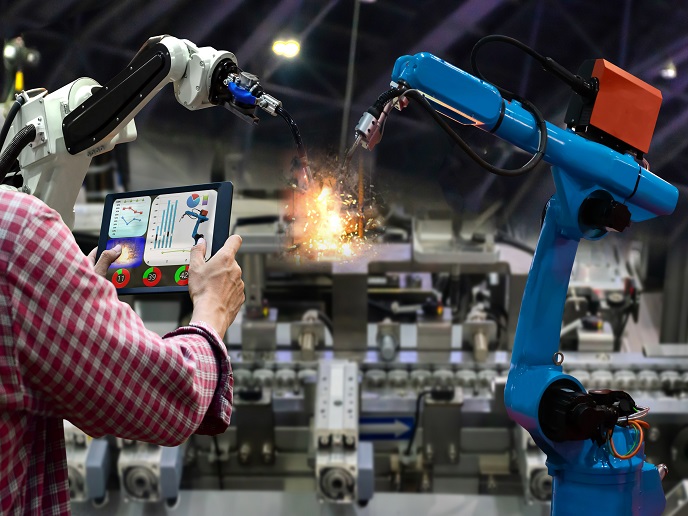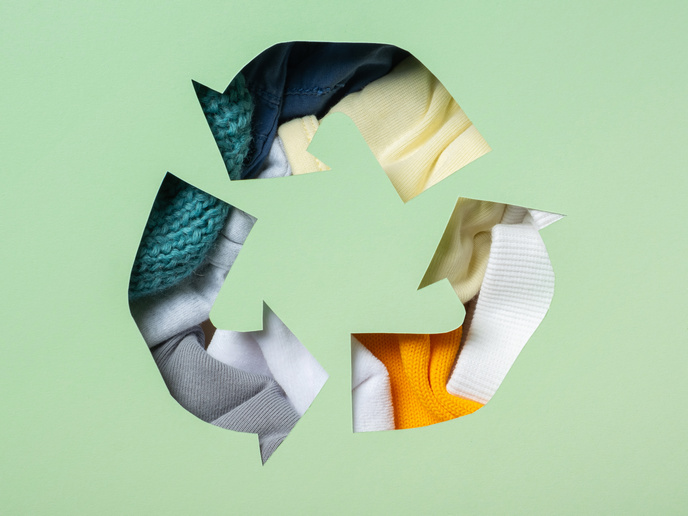Reconciling aquaculture with marine ecosystems
The 'Synthesis of aquaculture and marine ecosystems' (SAMI) project reviewed what is currently known about how increased need for food has led to an expansion of aquaculture and the impact on environment at both the local and global level. The aim was to gain a fresh perspective on future developments. The consortium organised a workshop to create a writing group that could review completed and ongoing research in the areas of environment and aquaculture. Findings by the SAMI writing group were integrated into the environmental requirements of the Common Fisheries Policy (CFP). Project partners also considered views and inputs from other stakeholders, including industry and non-governmental organisations (NGOs), when drawing up future scientific actions. Results from the project helped clarify the effect of aquaculture on marine ecosystems and provided a better understanding of water quality models used in the Water Framework Directive (WFD). The WFD was used to regulate aquaculture and other human activities in coastal areas and encourage sustainable development. Project partners and stakeholders discussed possible future solutions to preventing genetic interaction between farmed and wild fish, and examined alternatives to fishery-derived feedstock. The initiative also investigated other factors affecting the aquaculture industry, including economic development, social issues, the attitude of consumers and legislation. Past developments in the economics of the aquaculture industry were analysed and used to predict future trends. The SAMI project has played a valuable role in identifying possible future threats from an expanded aquaculture industry. The consortium's findings can help supply the nutritional needs of Europe's population while safeguarding marine ecosystems and the livelihoods of the people who depend on them for a living.







